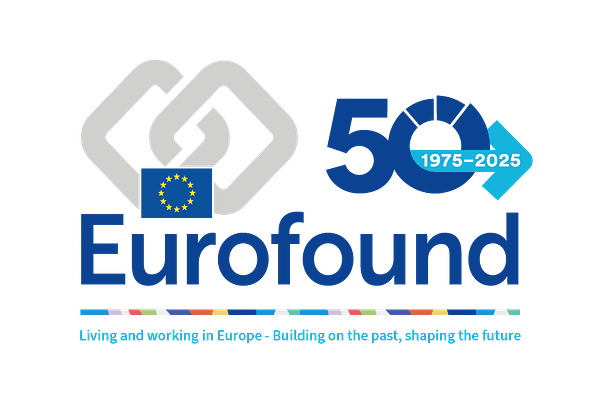
News -
Bulgaria noted impressive progress in poverty reduction and meeting medical needs prior to COVID-19 pandemic
Between 2008 and 2019, reported unmet medical needs in Bulgaria declined from 22.4% to 2.4%. One year after the country’s accession to the EU in 2007, Bulgaria had ranked last among the group of Member States but caught up by 2019 to perform above the EU average at 3.1%. Similarly, the AROPE rate, which is the number of people who are at risk of poverty, severely materially deprived, or living in a household with a very low level of work intensity, decreased from 44.8% in 2008 to 32.8% in 2019. These findings are based on the EU Statistics on Income and Living Conditions (EU-SILC) and published in Eurofound’s recent Flagship report Monitoring convergence in the European Union: Looking backwards to move forward – Upward convergence through crises. It describes the shifting dynamics of upward convergence over the period 2008–2019, explores the short-term impact of COVID-19 on European economies and societies, together with its implications for convergence, and discusses the long-term effects of the pandemic and the future of upward economic and social convergence in Europe.
The COVID-19 pandemic has had a particularly detrimental effect on young people in terms of job loss, financial insecurity and mental health problems, as reported in Impact of COVID-19 on young people in the EU. While young people’s life satisfaction and mental well-being improved between spring and summer 2020 when lockdowns eased, it dropped to its lowest point in spring 2021 when restrictions and school closures returned, contributing to a decrease in life satisfaction and mental well-being where nearly two-thirds of young people were at risk of depression. Bulgaria, however, reports the fourth highest optimism among 18-29-year-olds in Spring 2021 as compared to other EU Member States, just behind Malta, Latvia and Slovenia. 67% of respondents from Bulgaria agreed with the statement ‘I am optimistic about my future’, whereas the EU average was 49%.
With International Women’s Day coming up on 8 March, gender and gender inequalities are under the spotlight. Eurofound’s European Jobs Monitor 2021 looked at gender gaps and the employment structure and found that, for example, craft and trades workers in manufacturing is a gender-mixed job in the EU average. However, at national level, it varies between being female dominated in Bulgaria and being mainly done by men in Luxembourg. This difference can also be observed in other central and eastern European countries – Czechia, Romania and the Baltic states, where this job is also largely held by women, but tends to be male dominated or mainly held by men in all older Member States with the exception of Portugal.
Further information
- Report: Monitoring convergence in the European Union: Looking backwards to move forward – Upward convergence through crises
- Report: Impact of COVID-19 on young people in the EU
- Report: European Jobs Monitor 2021: Gender gaps and the employment structure
- Report: Living, working and COVID-19 (Update April 2021): Mental health and trust decline across EU as pandemic enters another year
- Data: Living, working and COVID-19
- Data: Democracy and trust during COVID-19 - Bulgaria
- Data: Working during COVID-19 - Bulgaria
- Data: Financial situation and security during COVID-19 - Bulgaria
- Data: Quality of public services during COVID-19 – Bulgaria
- Data: Support measures during COVID-19 - Bulgaria
- Data: Vaccinations during COVID-19 - Bulgaria
- Database: COVID-19 EU PolicyWatch - Bulgaria
- Working paper: Bulgaria: Working life in the COVID-19 pandemic 2020
- Country page: Bulgaria



